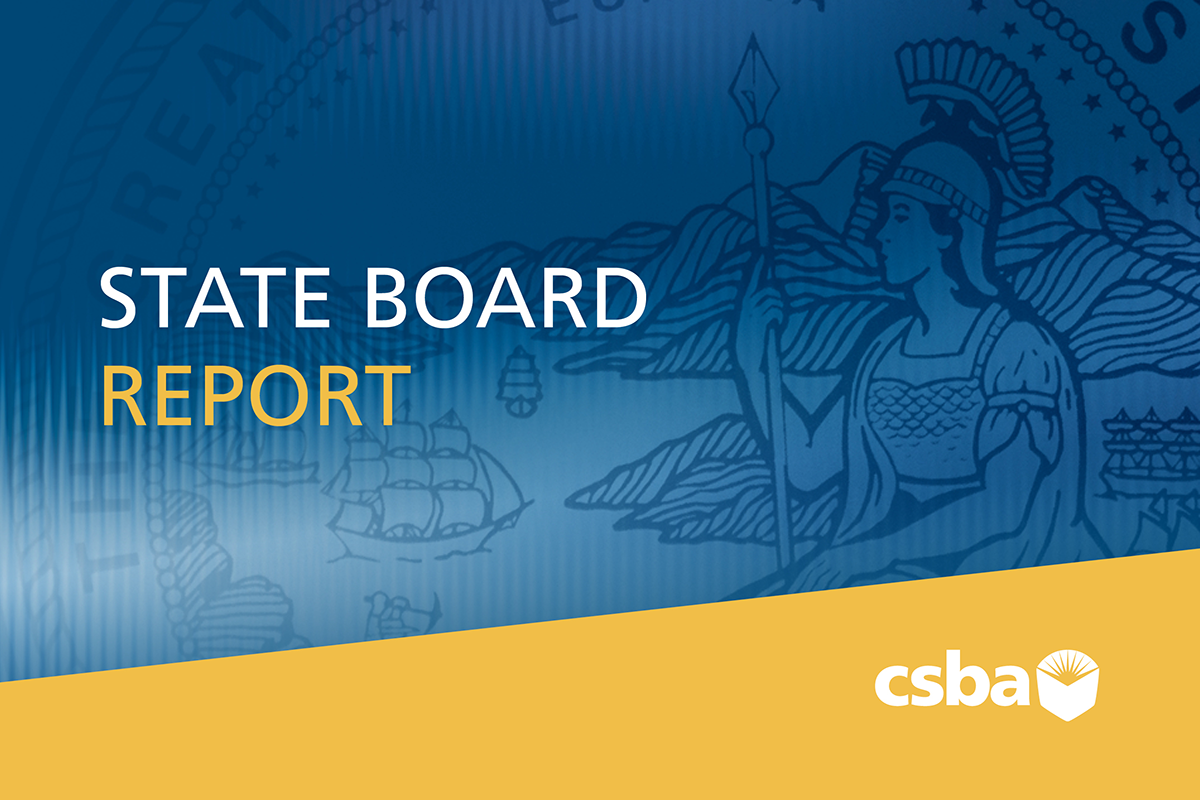Shelved due to its controversy amid an overwhelming amount of public interest and input, State Superintendent of Public Instruction Tony Thurmond on Oct. 15 hosted a panel discussion on the next steps in the redevelopment and implementation of the Model Ethnic Studies Curriculum.
The State Board of Education will now vote on the curriculum in 2020, after the California Department of Education conducts statewide listening sessions and coordinates visits to school districts that have implemented strong ethnic studies programs, said Stephanie Gregson, deputy superintendent of the CDE’s Performance, Planning and Technology Branch. From there, staff will present their findings and recommendations to the Instructional Quality Commission in spring 2020.
Forum panelist and IQC member Assemblymember Shirley Weber (D–San Diego) also announced she has agreed to consult with the CDE and State Board staff to complete the model draft curriculum.
A 40-year educator of Africana Studies at San Diego State University who has helped establish ethnic studies in K–12 curriculum throughout California, Weber said a foundational element of ethnic studies is connecting students to their histories and cultures. “It’s a process of creating character and determining who you are as an American,” she said, explaining that people left out of histories have their character and future dictated for them. “When you give (students) information, it changes their lives,” she added.
Had culturally responsive and inclusionary coursework been offered before she went to college at UCLA, Weber said, she likely would have possessed a greater sense of self identity and belonging. “I hated history, because I was not in it. All of these old people doing things that weren’t relevant to anything I was doing that day,” she said.
“Ethnic studies has a huge power and impact on who we are,” agreed Bao Lo, an assistant professor of ethnic studies at Sacramento State University.
While panelists discussed their powerful personal histories with ethnic studies and their continued work in the field, primarily in higher education, they also spent time answering the more pressing question of how the subject should be implemented at the K-12 level.
Allyson Tintiangco-Cubales was a member of the advisory committee for the Ethnic Studies Model Curriculum that presented a draft document to the full IQC in spring 2019. The professor of Asian American Studies at San Francisco State University’s College of Ethnic Studies said she still deeply believes in the effort despite the recent controversies and obstacles.
“I really believe that it’s possible,” Tintiangco-Cubales said. She noted that there are several examples of successful ethnic studies implementation at K-12 campuses across the state, including in San Francisco Unified School District, where her daughter attends school. Even if a model curriculum is in place, however, Tintiangco-Cubales said there is a strong need for teacher training, professional development and shareable resources. “To me, it will require a lot of effort and funding,” she said. “The model curriculum itself is not enough.”
Other panelists agreed that a key factor in the ethnic studies equation is a teacher who is familiar with and passionate about the subject matter, authentically cares for their students and encourages an environment where discussions can thrive. “The last thing we want is someone in there just because they have a social sciences credential,” Tintiangco-Cubales said. Connected to these points was a conversation about the need for California to have a more diverse teaching force — an issue addressed at a past forum hosted by Thurmond and the CDE.
Maribel Rosendo-Servin, an ethnic studies teacher at East Union High School in the Manteca Unified School District, spoke to some of the success stories she has seen both at Manteca USD and her former district, San Juan Unified. At San Juan, Rosendo-Servin participated in a committee that developed the curriculum proposal for the first ethnic studies program in the district’s history.
Rosendo-Servin reported that her students have excelled at both learning the foundational aspects of ethnic studies and applying them to both personal and community issues of the day. “They’ve been able to take the concepts and apply them to be agents of change,” she said.





